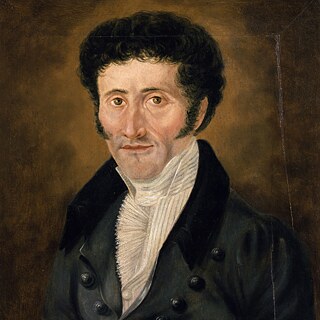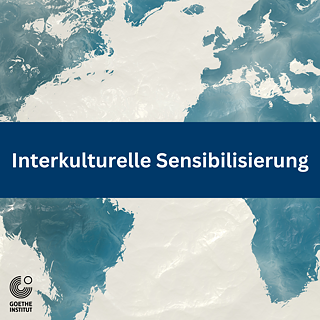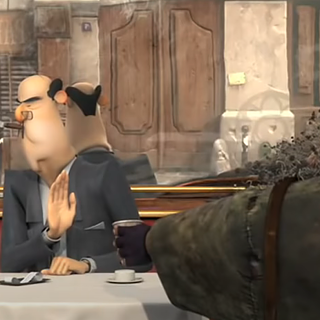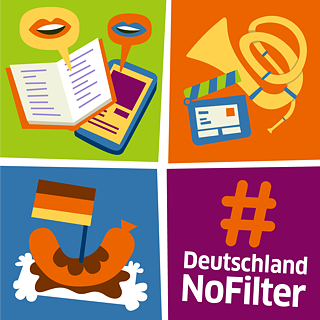
Show description in:
Playing Kafka
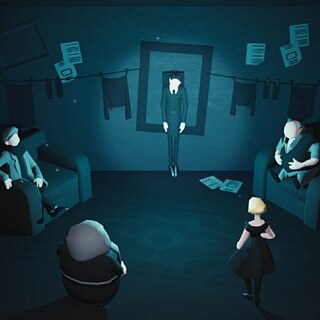
The video game "Playing Kafka" offers an innovative way of exploring Franz Kafka's work in literature lessons at the upper secondary level.
Characteristics
Language level
Target group
Topic

Description
"Playing Kafka" enables an in-depth exploration of Kafka's metaphorical and linguistically-sophisticated texts and promotes an understanding of literary and aesthetic principles. The teaching handouts offer a wide range of suggestions for reflection and discussion that strengthen students' literary skills as well as their personal and social participation. The handouts are intended to provide teachers with practical support in organising media-integrated literature lessons in a beneficial way. In turn, using the game in the classroom encourages learners to ultimately take a critical look at their own values and understand the narrative video game as a modern interpretation of classic literature.
Levels of classrooms: High school (class 10 – 13)
Duration: 3 double lessons (6 lessons of 45 minutes each.)
Subject: German / Literature
Trained competence: Engage with texts and other media
Goals and key competences:
Learning requirements:
The game also offers easy access for young people with no gaming experience. Technical terms for analysing video games are not required, as the terms used in the material are basic and generally understandable. Further learning requirements and technical assistance for teachers are explained in detail in the material provided.
Integration into lessons:
Knowledge of Kafka's texts is not required. The game can be used to give learners an insight into the life and work of Franz Kafka. Some of the suggested tasks serve as an introduction to a detailed series of lessons on Kafka's work, for example with subsequent in-depth reading of a text. However, the video game can also be used as an intermedia consolidation after reading.
The handouts have a modular design and offer templates for learning groups with no prior knowledge as well as for advanced groups who are looking at intermedia references in greater depth. Teachers also receive a set of expectations for all tasks.
Use the video game and the handouts to make your literature lessons varied and motivating for your students. The materials will help you to integrate "Playing Kafka" into your lessons in a targeted manner and get your students excited about Kafka's works.
Download of the video game "Playing Kafka"
Questions and feedback on the concept and content can be addressed to Anne Neumann (University Potsdam) and Philemon Braun (Goethe-Institut Czech republic).
Levels of classrooms: High school (class 10 – 13)
Duration: 3 double lessons (6 lessons of 45 minutes each.)
Subject: German / Literature
Trained competence: Engage with texts and other media
Goals and key competences:
- Explaining the context of the stories and "Letter to His father"
- Analysing the design of the video game "Playing Kafka" and its relation to the content.
- Evaluating the video game as an interpretation of the text, taking into account media specifics.
- Critical reflection on own values, world and self-concepts.
- Appropriate written or oral presentation of the results.
Learning requirements:
The game also offers easy access for young people with no gaming experience. Technical terms for analysing video games are not required, as the terms used in the material are basic and generally understandable. Further learning requirements and technical assistance for teachers are explained in detail in the material provided.
Integration into lessons:
Knowledge of Kafka's texts is not required. The game can be used to give learners an insight into the life and work of Franz Kafka. Some of the suggested tasks serve as an introduction to a detailed series of lessons on Kafka's work, for example with subsequent in-depth reading of a text. However, the video game can also be used as an intermedia consolidation after reading.
The handouts have a modular design and offer templates for learning groups with no prior knowledge as well as for advanced groups who are looking at intermedia references in greater depth. Teachers also receive a set of expectations for all tasks.
Use the video game and the handouts to make your literature lessons varied and motivating for your students. The materials will help you to integrate "Playing Kafka" into your lessons in a targeted manner and get your students excited about Kafka's works.
Download of the video game "Playing Kafka"
Questions and feedback on the concept and content can be addressed to Anne Neumann (University Potsdam) and Philemon Braun (Goethe-Institut Czech republic).


